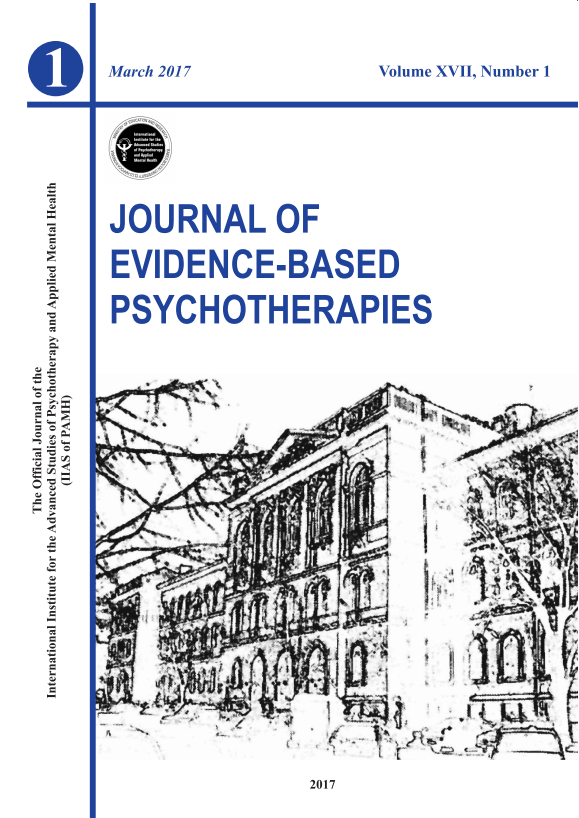hogutlu@gmail.com
Alara Kerimler1, Hakan Öğütlü2*, Darren Cutinha3
1 Beykent University Institute of Graduate Studies Department of Clinical Psychology
2 Department of Child and Adolescent Psychiatry, Cognitive Behavioral Psychotherapies Association, Ankara, Turkey
3 Department of Child and Adolescent Psychiatry, South London and Maudsley NHS Foundation Trust, London, UK
Abstract
Anorexia Nervosa (AN) is an eating disorder that causes physical, behavioural and psychological deterioration. Although diagnostic criteria are clearly defined, there has been no consensus on what recovery is. This study aimed to review prior studies indicating recovery criteria, as well as recovery rates of patients with adolescent-onset AN.
Related studies were searched through databases MEDLINE, PsycINFO and CINAHL. A total of 15 English studies with patients had adolescent-onset and DSM-5/ICD-11 diagnoses. A systematic review was conducted by following the PRISMA expanded checklist and qualities of eligible articles were evaluated via the Quality Criteria Checklist (QCC).
Of the 15 studies, two studies mentioned only physical dimension of recovery, whereas rest of the 13 studies covered behavioural and psychological dimensions. EDE-Q was found as the most frequently used scale. Follow-up years of the patients fluctuated from one to 30 years, and the recovery rate varied from 30.6% to 72%.
There are some difficulties faced in defining recovered patients. Since no consensus was achieved, every researcher set their recovery criteria. Until the policymakers of field standardize definition of recovery from AN, researchers should be aware of the fact that inconsistencies in definition can affect results of their research.
Keywords: eating disorders, anorexia nervosa, adolescents, recovery, outcome.
Please cite this article as: Kerimler, A., Öğütlü, H., & Cutinha, D. (2024). DO ADOLESCENTS REALLY RECOVER FROM ANOREXIA? OR THE LACK OF STANDARDISED DEFINITION MAY MASK THEIR PROCESS?: A SYSTEMATIC REVIEW. Journal of Evidence-Based Psychotherapies, 24(1), 81-108.
DOI: 10.24193/jebp.2024.1.5
Published online: 2024/03/01
Published print: 2024/03/01
